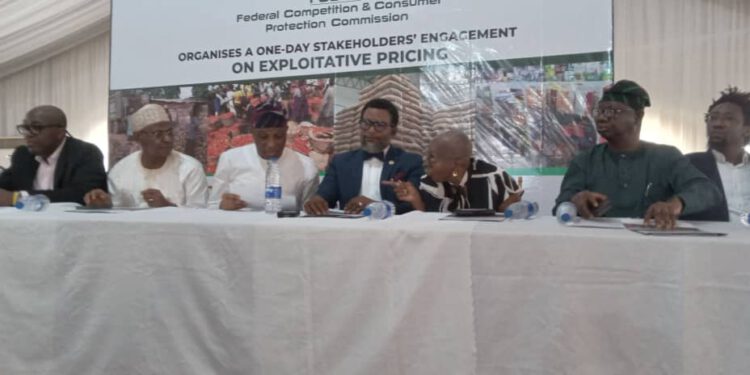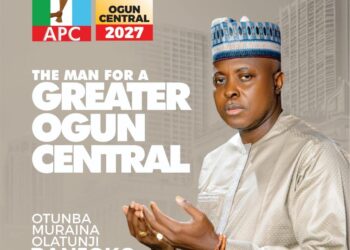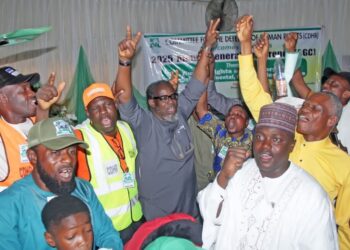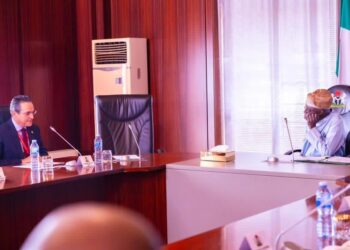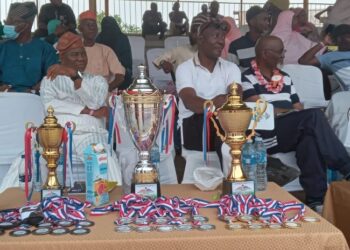The Federal Competition and Consumer Protection Commission (FCCPC) has refuted reports circulating in some media outlets suggesting that the commission intends to impose prices on food items and other commodities in the country.
Instead, the commission clarified that one of its constitutional mandates is to ensure reasonable and affordable prices for products to protect Nigerians from undue exploitation.
The Executive Vice Chairman/Chief Executive Officer of the commission, Mr. Tunji Bello, made this clarification during a stakeholders’ forum on exploitative pricing in Lagos.
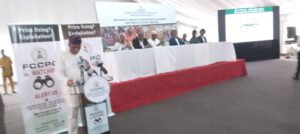
He emphasized that the FCCPC’s intention is not to enforce prices through fiat but to engage with stakeholders to develop solutions for the benefit of consumers.
Mr. Bello acknowledged that the removal of fuel subsidies has caused significant economic disruptions but insisted that traders and business owners should not exploit the situation to worsen the hardships faced by citizens.
He cited the example of BUA Group, which promised to reduce the price of cement to ₦3,500, but noted that market forces have frustrated this good intention, with the price rising to over ₦7,500.
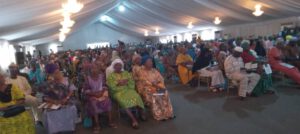
According to him, the president has removed taxes on some imported items, including pharmaceuticals, to ensure affordability for the public.
In his remarks, the General Manager of the Lagos State Consumer Protection Agency, Afolabi Solebo, urged Nigerians to be their brothers’ keepers during these challenging times.
Solebo also recommended that the FCCPC produce and distribute its ongoing campaigns in major languages to effectively communicate the message against exploitation to grassroots communities.

He emphasized that it is everyone’s responsibility to stop the extortion that people face when they visit markets or local stores.
The boss of LASCOPA pointed out that the 25% OUNJE EKO Sunday Market implemented in Lagos was one of the measures to alleviate the sufferings of residents.
Also speaking, the Iyaloja General, Mrs. Folashade Tinubu-Ojo, who promised full support for the commission, noted that traders are sometimes helpless due to logistics issues such as the high cost of transportation and illegal checkpoints encountered while conveying produce to the markets.
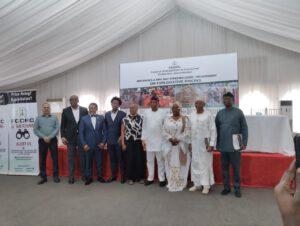
She expressed optimism that the challenges facing the nation will soon be a thing of the past and recommended a symposium of all major stakeholders, including the Police, Customs, Transporters, and the FRSC, to work towards an amicable resolution of the identified challenges.
The Consumer Advocacy and Employers Foundation expressed the view that the government must abolish illegal taxes and levies on businesses, which ultimately reflect in the prices of goods and services nationwide.
The Executive Director of the foundation, Prof. Chiso Ndukwe-Okafor, noted that the country is currently battling food security issues due to the inability of farmers to access their farmlands.
While commending the price regulation in Osun State, she called for the reversal of higher duties imposed on imported goods into the country.
Olaoti Shodiya-Ade, who spoke on behalf of the President of the All Farmers Association of Nigeria, Dr. Faruk, lamented that inflation and the lack of basic amenities are some of the major challenges facing farmers in the country.
She also drew the attention of the Iyaloja General to the greedy acts of some market leaders, where traders are made to pay levies on all items sold to customers.
In his contribution, the Director General of NACCIMA, Dr. Olushola Obadimu, urged the government to quickly review all policies that are hindering the growth of businesses in the country.
Ikechukwu Agu of Pernod Ricard Nigeria stated that the company will ensure Nigerians have access to quality products at affordable prices, adding that residents can lodge complaints about exploitation for swift resolution.
The President of the Association of Nigerian Travel Agencies, Yinka Folami, highlighted that the industry is strategic to the socio-economic development of the country.
During the question-and-answer session, the FCCPC boss, Tunji Bello, who promised to take the forum to other parts of the country, assured prompt responses to issues raised by representatives of various groups.
Some of the stakeholders at the forum included the National Association of Nigerian Traders, the Association of Nigerian Travel Agencies, the All Farmers Association of Nigeria, Artisans, the Market Men and Women Association, the Supermarkets Association, and the Telecommunication Association.


